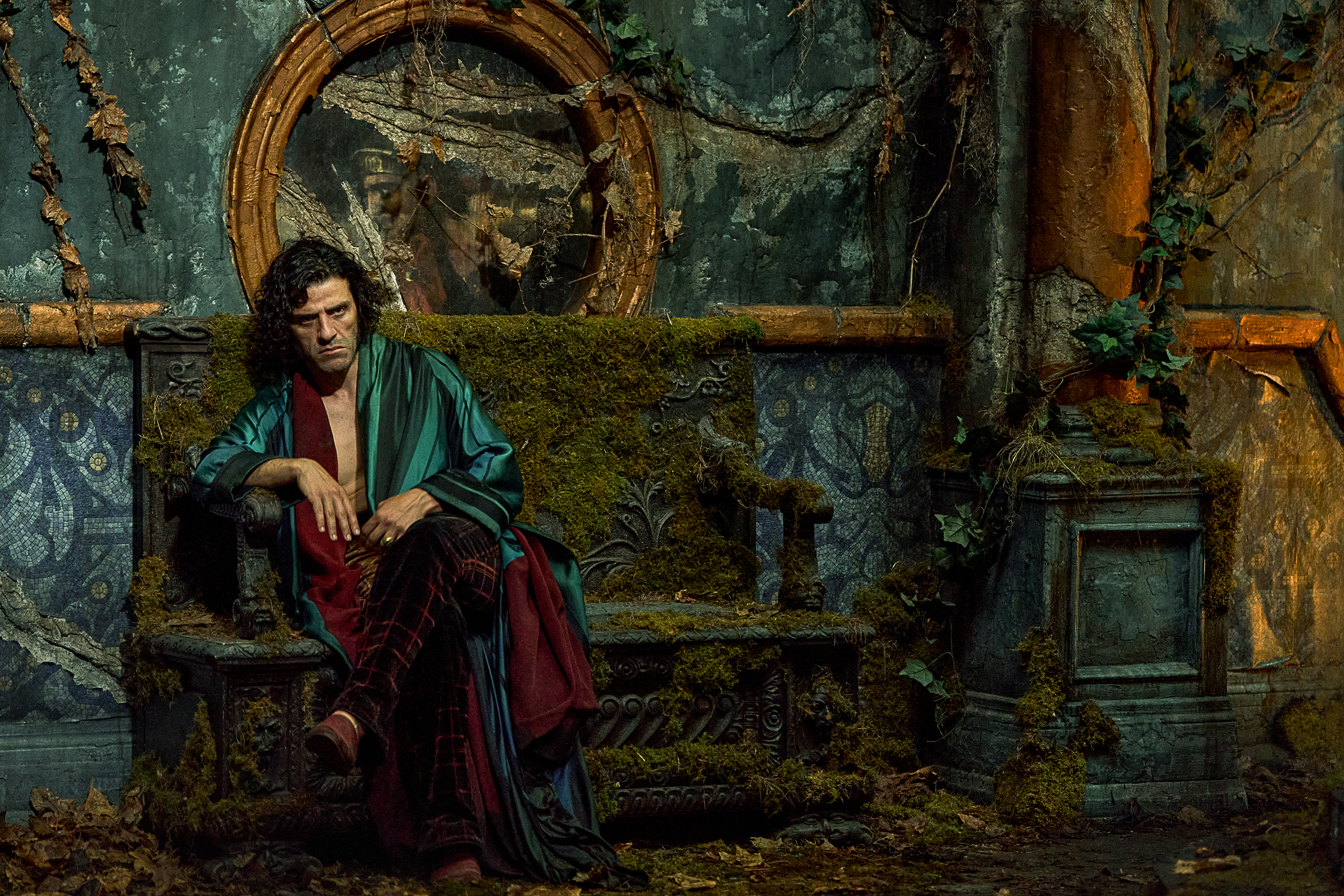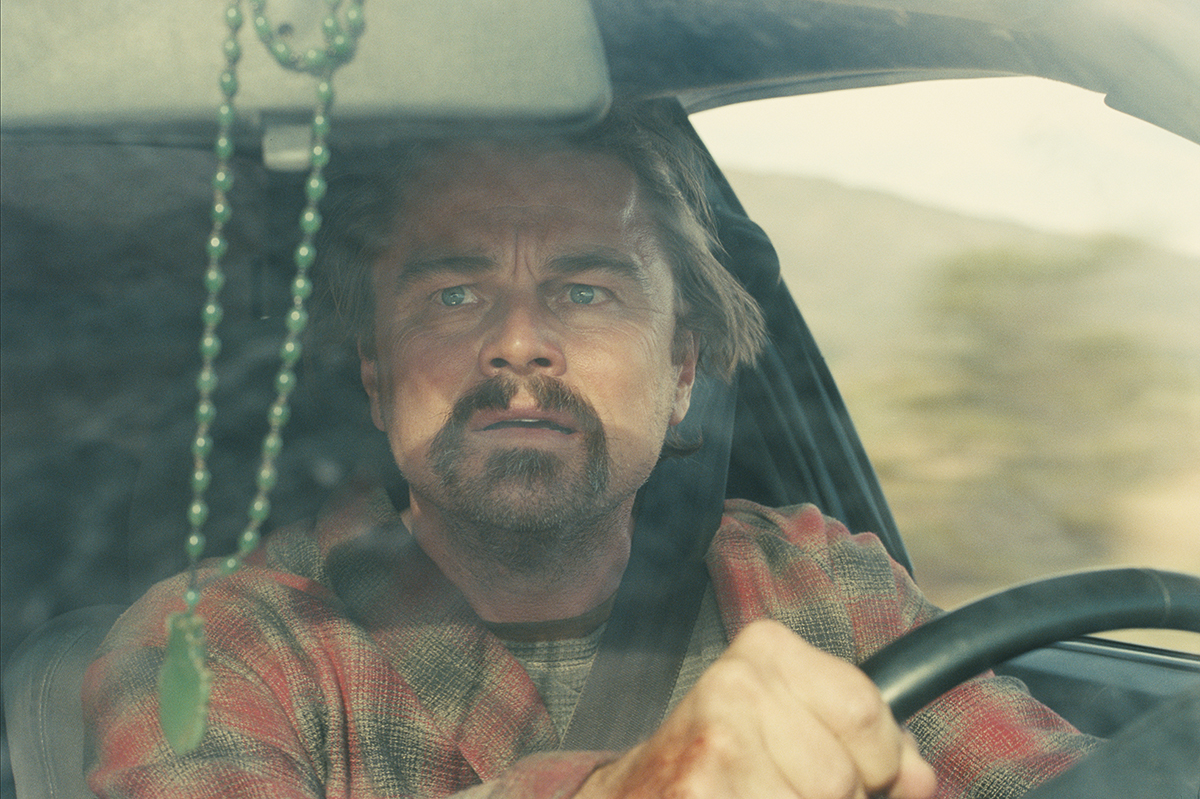Say what you like about the actor, director and writer Woody Allen – and people have undeniably been known to – but it takes a certain amount of gall to publish your first novel at the age of 89. Not that Allen doesn’t have form in this regard: he has brought out five collections of short stories, most recently 2022’s Zero Gravity and a 2020 memoir, Apropos of Nothing, which was greeted with horror by the publishing industry and literary critics alike. The New York Post described it as one of “the most tone-deaf, disgusting, bitter, self-pitying, horrifically un-put-downable memoirs since Mein Kampf.”
And all this because allegations of sexual abuse towards his adopted child Dylan Farrow, allegedly taking place in April 1992 when she was seven, which have never been proved but continue to rumble in the background of an increasingly becalmed career. Be honest: what is the last Woody Allen film that you paid to see at the cinema? For most, it would probably be 2011’s Midnight in Paris or 2013’s Blue Jasmine, but he has made another seven films since then. And Apropos of Nothing was ditched by its original publisher Grand Central, an offshoot of Hachette, and ended up with the independent Arcade Publishing.
It is not wholly surprising that What’s With Baum?, Allen’s debut work of longform fiction, has also emerged from another indie, Post Hill Press, and in an irony that its author will no doubt appreciate, it will jostle for shelf space with a catalog including The Tragedy of Islam, Dangerous Misinformation and At Peace With Money, all of which sound like the kind of spoof plays that may have featured in Allen’s successful 1994 comedy Bullets Over Broadway. Yet first-time novelists, especially octogenarians, cannot afford to be too fussy about the company they keep.
If What’s With Baum? was published by a completely unknown novelist, it may well have ended up at Post Hill rather than a major imprint, but that is not to say that it’s without charm or accomplishment. The novel’s protagonist is the “intelligent mutt” Asher Baum, a 51-year-old writer on the skids with “full but incoherent” hair and a failing career, which has led him to start talking to himself with increasing fervor and passion about the difficulties of his life. These include, in no particular order, his failing third marriage to Connie (“still with that biting instinct for the jugular… of course, Dracula had a biting instinct for the jugular”) whom he fears is having an affair with his younger, more successful brother Josh, his disastrous last book has sold no copies – “most failed to see the satire and lambasted it for making light of the Holocaust” – and, most problematically of all, Baum has had an inappropriate interaction with a younger Japanese journalist, Cindy Tanaka, about a play that he has written.
It is this last subplot that most clearly resonates with Allen, on a personal level. From an early point in his cinematic career, his films revolved around how the – to be frank – unexceptional-looking protagonists he played would fall into bed with far more beautiful and increasingly younger women. At first, around the time of Manhattan, this felt daring and fresh, as Allen’s twice-divorced comedy writer dates a 17-year old girl. But by the time he was making Hollywood Ending in 2002, it felt simply grim and exploitative. Yet art imitated life, as the filmmaker had, by that point, left his partner Mia Farrow for her adopted daughter Soon-Yi Previn, to whom What’s With Baum? is dedicated. Previn is 34 years Allen’s junior.
In recent years, Allen has moved away from the usual liberal Hollywood stances of his younger days in favor of offering guarded praise for none other than Donald Trump, although he still professes to be a Kamala-voting Democrat. Yet any man who can be so comprehensively canceled by the industry he once dominated is likely to have thoughts about it, and a few weeks ago, in an interview with the Wall Street Journal, Allen lambasted cancel culture as “just dumb.” This novel, then, has to be viewed as his contribution to the debate. Baum is hardly a hapless victim, but those around him are even worse, not least the increasingly unhinged Connie and his plagiarist son-in-law Thane. And many of the lines resonate, not least when Baum’s agent remarks, “In today’s culture, an accusal is as good as a conviction.” He is not wrong.
If you are an Allen fan, What’s With Baum? will be an essential purchase. If you’re the kind of admirer of his work who prefers the early, funny ones, then this will be a diverting, if slight and brief, read, quickly dealt with on a train or plane journey. And if you are convinced that the once-fêted Oscar-winning writer and director is an evil pedophile whose ability to escape justice for his crimes is an outrage, then you’re hardly the target audience for this book.
It may also be that you’re not an obvious Spectator reader either, but we are a broad church: broader, in fact, than the market for this entertaining but flimsy novel will probably be. Will there be a sophomore novel? Unlikely, but as with all things Allen, don’t count it out just yet.
This article was originally published in The Spectator’s November 10, 2025 World edition.























Leave a Reply